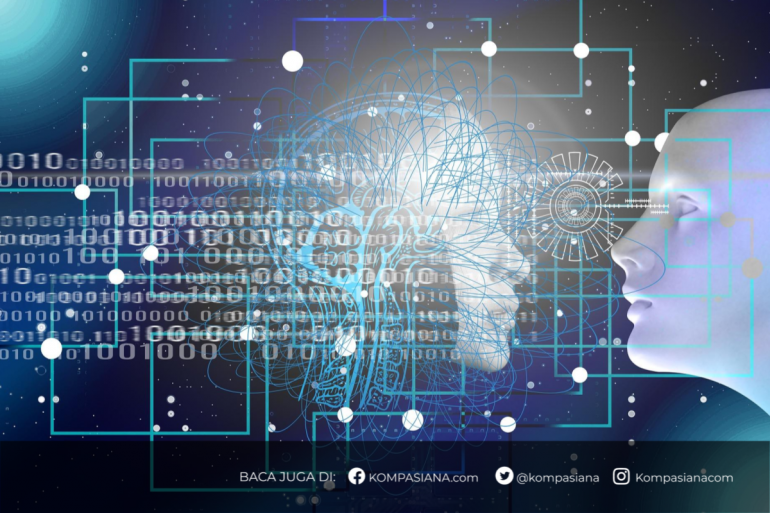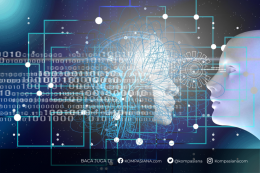Recent advancements in artificial intelligence (AI) have brought transformative changes to cancer detection and diagnosis. On October 17, 2024, new developments in AI-powered diagnostic tools were announced, demonstrating significant progress in the early detection of cancer, particularly lung, breast, and skin cancers.
These AI systems are now capable of detecting signs of cancer earlier and with greater accuracy than traditional methods, potentially saving countless lives through more timely interventions.
How AI is Revolutionizing Cancer Detection
AI in medical imaging works by using deep learning algorithms trained on vast datasets of medical scans, such as X-rays, CT scans, MRIs, and histopathology images. These algorithms analyze the images for patterns associated with cancerous tissues, which can be subtle and challenging for the human eye to detect.
Through pattern recognition, AI can identify abnormalities in the tissues and predict whether they are likely to be cancerous.
For instance, AI systems can be trained to distinguish between benign and malignant nodules in the lungs on a CT scan. When an AI model detects suspicious areas, it can alert radiologists, who then focus on examining those regions.
This collaboration between AI and radiologists increases diagnostic accuracy and reduces the chances of missing early-stage cancers, which can significantly improve patient outcomes.
Success Stories: Lung, Breast, and Skin Cancer Detection
One of the most notable areas where AI has shown promise is in the detection of lung cancer. Researchers at Stanford University recently demonstrated an AI model capable of identifying lung cancer nodules on CT scans with accuracy comparable to or even surpassing that of experienced radiologists.
The model can also assess the nodule's characteristics, such as size and growth rate, to predict the cancer's aggressiveness. This allows doctors to make more informed decisions regarding biopsy and treatment planning.
In breast cancer detection, AI models have been trained on mammogram datasets to detect subtle signs of tumors earlier than traditional screening methods. A study published by Google Health revealed that an AI system reduced false negatives by 9.4% and false positives by 5.7%, potentially decreasing the need for unnecessary biopsies and follow-up procedures.








